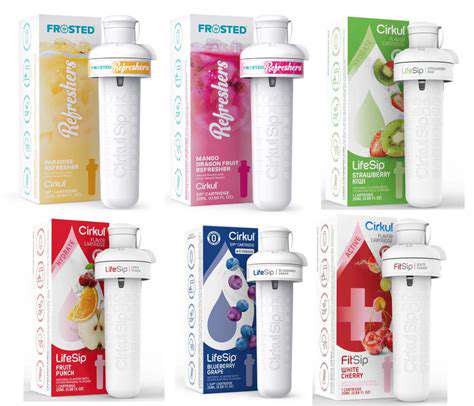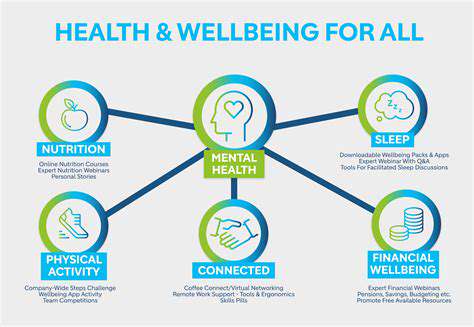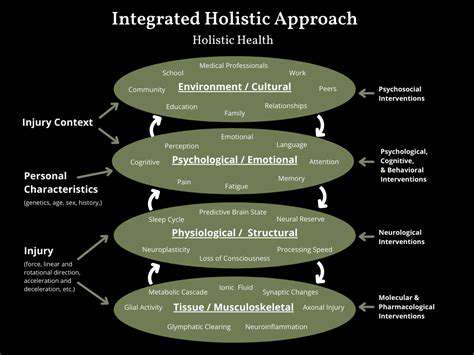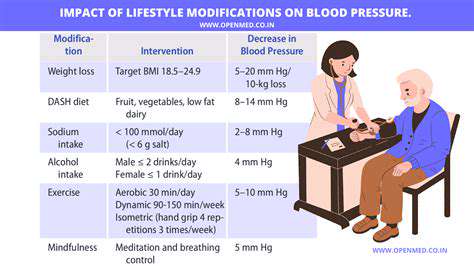The Health Benefits of Cooking from Scratch

Reducing Hidden Additives and Preservatives
Understanding the Problem
Processed foods often sneak in additives and preservatives, which manufacturers use to prolong shelf life and boost flavor. While these ingredients might seem harmless, they can lead to health problems—from minor digestive issues to chronic conditions. Being aware of how common these additives are in packaged goods and their long-term effects is key to making smarter food choices. Many people don’t realize the hidden impact these substances can have on their health.
The food industry relies on these chemicals to keep products looking and tasting consistent. However, some preservatives and additives can cause allergic reactions or worsen existing health issues. It’s important to read labels carefully and choose products with fewer artificial ingredients.
The Impact on Health
Eating foods packed with additives and preservatives regularly can harm your health in multiple ways. These substances may disrupt digestion, leading to bloating, gas, or other stomach problems. Some additives are known allergens, triggering reactions in sensitive individuals. Long-term exposure to certain preservatives might even increase the risk of chronic diseases, including cancer.
While small amounts of these additives may seem harmless, their effects can add up over time. They can also throw off the balance of gut bacteria, which plays a critical role in immunity and overall health. This imbalance can have serious consequences for how well your body functions.
Strategies for Reduction
Cutting down on hidden additives and preservatives means being proactive about what you eat. Start by reading food labels closely, avoiding products with long lists of unfamiliar ingredients. Shopping at local farmers' markets and choosing fresh, whole foods is a great way to minimize exposure.
Cooking at home gives you full control over what goes into your meals. You can pick fresh, healthy ingredients and skip the processed ones. Making meals from scratch reduces the chance of accidentally consuming harmful additives, leading to a healthier diet.
Cooking as a Solution
Preparing meals at home is one of the best ways to avoid hidden additives and preservatives. When you cook from scratch, you decide exactly what ingredients to use. This lets you focus on fresh, whole foods and steer clear of processed items. Homemade meals aren’t just tastier—they’re also free from questionable chemicals.
Cooking at home allows you to include more fresh produce, lean proteins, and whole grains. You can create balanced, nutritious meals that support your health. Plus, the act of cooking can be rewarding and educational, helping you understand how ingredients affect your well-being.

Promoting Long-Term Health and Well-being

Promoting Physical Well-being
Long-term health starts with taking care of your body. Regular exercise, a diet full of fruits, vegetables, and whole grains, and getting enough sleep are the foundation of physical well-being. Activities like hiking, swimming, or dancing not only keep you fit but also boost your mood.
Don’t skip regular check-ups with your doctor—they help catch health issues early. Knowing your family history and any genetic risks is also important. Staying at a healthy weight and managing stress can lower your chances of developing chronic diseases.
Cultivating Mental Resilience
Mental health is just as important as physical health. Learning to handle stress and negative emotions is key to staying resilient. Try mindfulness, relaxation techniques, or talking to a therapist if needed.
Focusing on gratitude and maintaining a positive outlook can greatly improve mental well-being. Breaking free from negative thought patterns can make life feel more fulfilling. Doing things you enjoy also helps build mental strength.
Nurturing Strong Social Connections
Good relationships are vital for a happy, healthy life. Spending time with family, friends, and community members gives you support and a sense of belonging. These connections can make life more meaningful and reduce feelings of loneliness.
Joining clubs, volunteering, or simply catching up with loved ones strengthens these bonds. A strong support network can be a lifeline during tough times.
Prioritizing Healthy Habits and Lifestyle Choices
Healthy habits are the backbone of long-term well-being. Choosing nutritious foods, limiting processed snacks and sugary drinks, and cutting back on unhealthy fats are essential for staying healthy.
Regular exercise, enough sleep, and stress management are just as important. Building a lifestyle that supports these habits can dramatically improve your quality of life.











